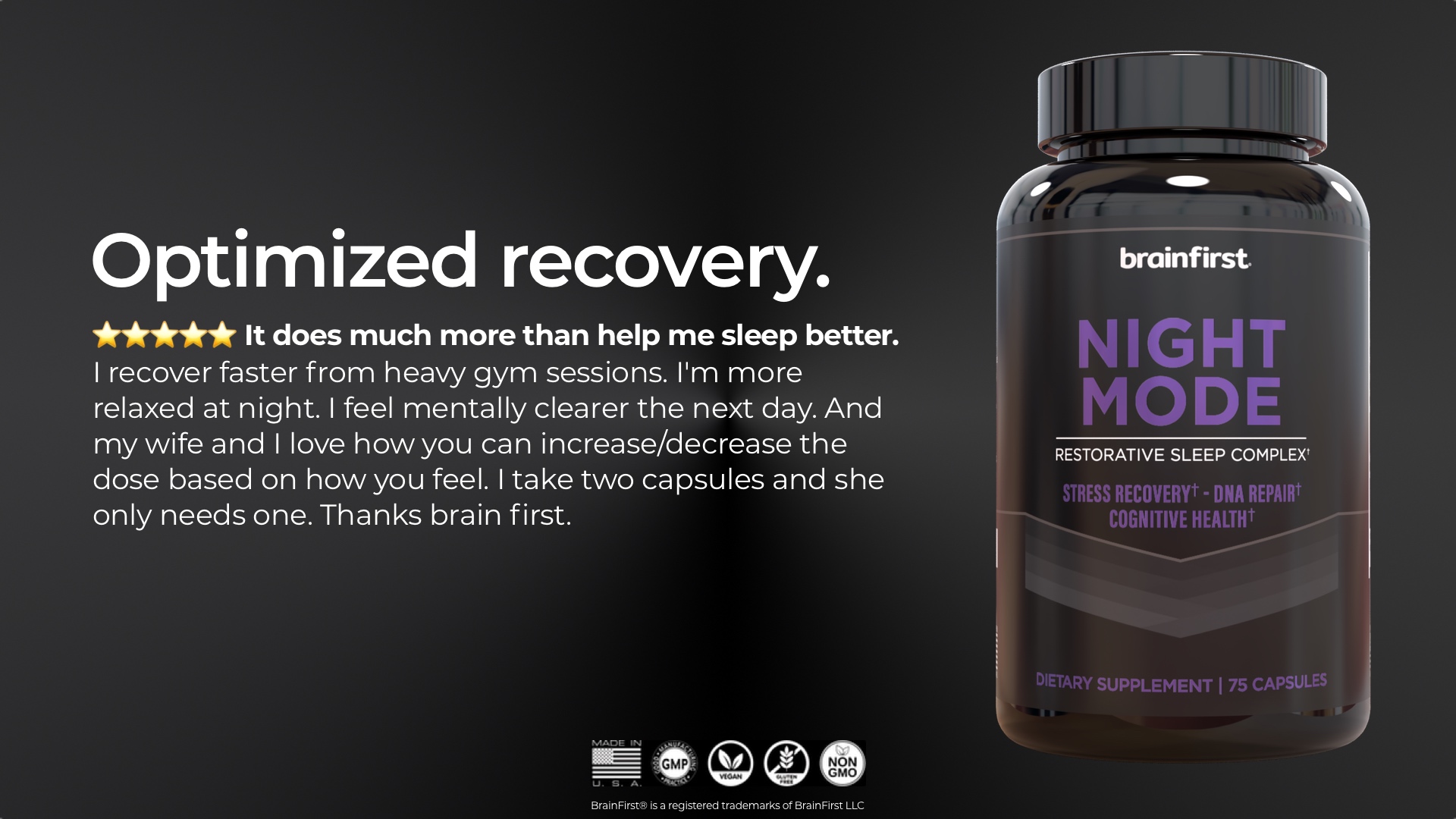Magnesium Glycinate

![]()
Magnesium glycinate is a type of magnesium supplement that is commonly used to improve sleep, brain function, and overall health. It is a chelated form of magnesium, which means that it is bound to the amino acid glycine. This form of magnesium is more easily absorbed by the body and has a lower risk of causing gastrointestinal side effects than other forms of magnesium supplements.
Improved Heart Health
Magnesium glycinate has been found to help regulate heart rhythm, lower blood pressure, and improve overall heart health. A study conducted by Rosanoff, A., et al. (2012) showed that magnesium supplementation can help lower blood pressure and improve overall heart health.
Reduced Inflammation
Magnesium glycinate has anti-inflammatory properties that can help reduce inflammation in the body. A study conducted by Shechter, M., et al. (2012) showed that magnesium supplementation can help reduce inflammation in the body.
Improved Bone Health
Magnesium glycinate is important for maintaining strong bones and preventing osteoporosis. A study conducted by Rude, R. K., et al. (2009) showed that magnesium supplementation can help improve bone density and prevent osteoporosis.
Improved Sleep Quality
Magnesium glycinate has been found to help improve sleep quality and reduce insomnia. A study conducted by Abbasi, B., et al. (2012) showed that magnesium supplementation can help improve sleep quality and reduce insomnia.
Reduced Restlessness
Magnesium glycinate can help reduce restlessness and promote relaxation, leading to better sleep. A study conducted by Held, K., et al. (2002) showed that magnesium supplementation can help reduce restlessness and promote relaxation.
Improved Cognitive Function
Magnesium glycinate can help improve cognitive function and memory. A study conducted by Boyle, N. B., et al. (2018) showed that magnesium supplementation can help improve cognitive function and memory.
Reduced Anxiety
Magnesium glycinate can help reduce anxiety and promote relaxation. A study conducted by Boyle, N. B., et al. (2017) showed that magnesium supplementation can help reduce anxiety and promote relaxation.
Magnesium Glycinate is included in:





